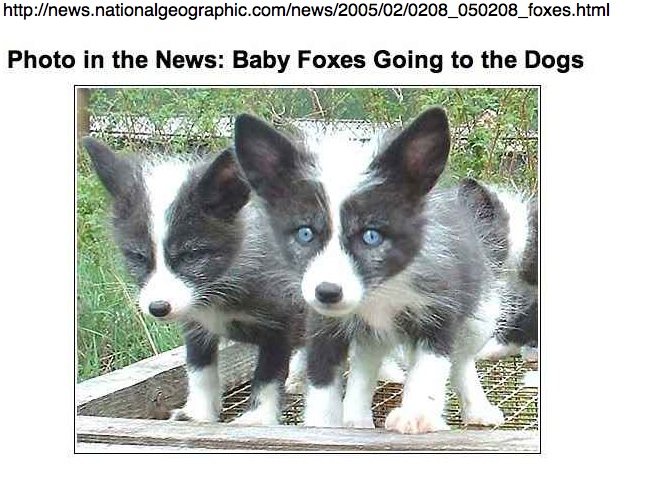We've had a couple of creationist-only threads, so here's one for the evolutionists - theistic or atheistic.
Is there anything about the theory of evolution you think is wrong or disagree with?
Just to clarify, this isn't about "disproving" evolution. You don't need to back up your ideas with evidence or refute an idea you don't agree with. These are just your thoughts.
--------------------------------
I believe genetic variety has little to nothing to do with creating new species. Instead it just makes different versions of the same species. I think new they might arise by "switching on" a particular set of genes.
I first thought of this idea after looking at human races. There is more genetic variety between people of the same race (and ethnicity) than there is between people of different races. So in theory two people from England would eventually become different species ... but English and Nigerian people would remain part of the same species. Obviously that doesn't make sense.
We've even identified a particular gene which might be responsible for speciation: PR-Domain containing 9 (PRDm9). It's responsible for changes in genetic hot-spots - which in some cases can render male animals sexually incompatible with members of their own species. I suspect this gene is passed on the same way colour-blindness is - through the female line.
Is there anything about the theory of evolution you think is wrong or disagree with?
Just to clarify, this isn't about "disproving" evolution. You don't need to back up your ideas with evidence or refute an idea you don't agree with. These are just your thoughts.
--------------------------------
I believe genetic variety has little to nothing to do with creating new species. Instead it just makes different versions of the same species. I think new they might arise by "switching on" a particular set of genes.
I first thought of this idea after looking at human races. There is more genetic variety between people of the same race (and ethnicity) than there is between people of different races. So in theory two people from England would eventually become different species ... but English and Nigerian people would remain part of the same species. Obviously that doesn't make sense.
We've even identified a particular gene which might be responsible for speciation: PR-Domain containing 9 (PRDm9). It's responsible for changes in genetic hot-spots - which in some cases can render male animals sexually incompatible with members of their own species. I suspect this gene is passed on the same way colour-blindness is - through the female line.


